B.Ed. Curriculum: Everything You Need to Know
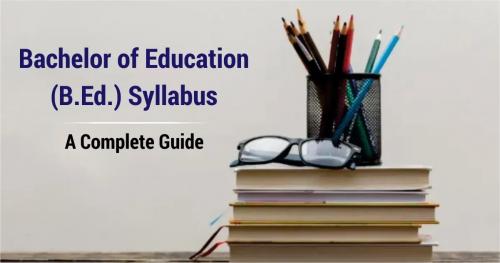
Embarking on a Bachelor of Education (B.Ed.) program is an exciting journey
for aspiring teachers. This two-year course is designed to equip future
educators with the skills, knowledge, and pedagogical techniques necessary to
thrive in the teaching profession. Here’s an overview of what to expect from
the B.Ed. curriculum.
Year 1: Foundational Learning
The first year of the B.Ed. program focuses on building a strong foundation
in educational theory and practice. Key areas of study include:
1. Educational
Psychology: Understanding how students learn and develop is crucial
for effective teaching. Courses in this area cover cognitive development,
learning theories, and the psychology of motivation.
2. Pedagogy
of School Subjects: Students learn teaching methods specific to their
chosen subject areas, such as Mathematics, Science, Social Studies, or English.
This includes lesson planning, instructional strategies, and assessment
techniques.
3. Sociological
and Philosophical Foundations: This component delves into the role of
education in society and explores various educational philosophies that
influence teaching practices.
4. ICT
in Education: With the increasing role of technology in classrooms,
students are trained in using Information and Communication Technology (ICT) to
enhance learning and teaching experiences.
Year 2: Practical Application and Advanced Studies
The second year emphasizes practical experience and advanced pedagogical
techniques. Key components include:
1. Teaching
Practice: One of the most critical aspects of the B.Ed. curriculum is
the teaching practicum, where students gain hands-on experience in real
classroom settings. They apply theoretical knowledge, conduct lessons, and
receive feedback from mentor teachers.
2. Inclusive
Education: This course prepares future teachers to address the diverse
needs of students, including those with special educational needs. It covers
strategies for creating inclusive classroom environments.
3. Educational
Measurement and Evaluation: Students learn about various assessment
tools and techniques to evaluate student learning effectively. This includes
formative and summative assessments, grading systems, and feedback mechanisms.
4. Curriculum
Development: This area focuses on designing, implementing, and
evaluating curriculum plans. Students learn to create curricula that meet
educational standards and address the needs of diverse learners.
The B.Ed. curriculum is comprehensive, blending theoretical
knowledge with practical experience to prepare aspiring teachers for the
challenges and rewards of the teaching profession. By the end of the program,
graduates are well-equipped to create effective learning environments, address
diverse student needs, and contribute meaningfully to the field of education.
If you're passionate about teaching and making a difference, a B.Ed. degree is
a significant step toward achieving your career goals.

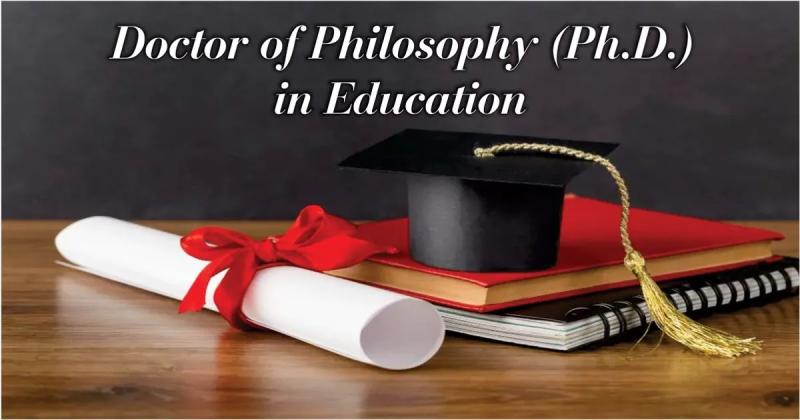




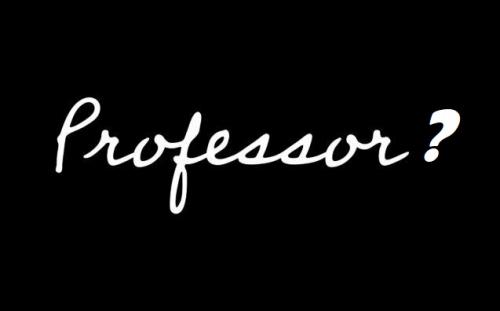
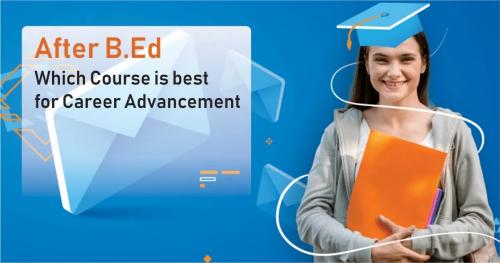

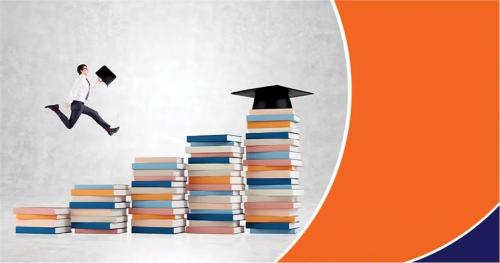
Comments